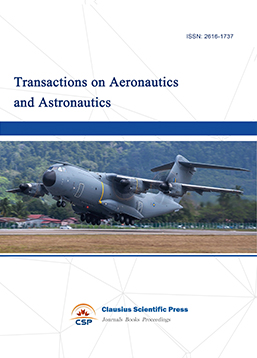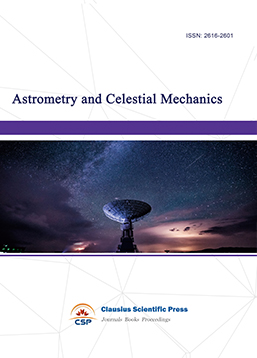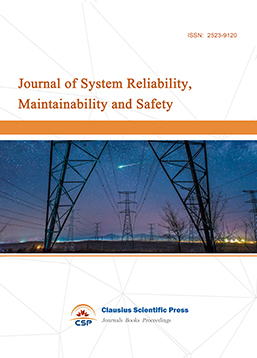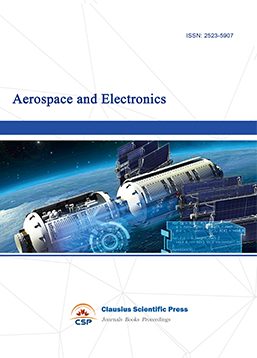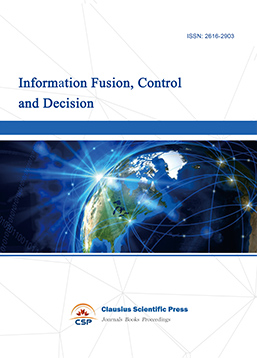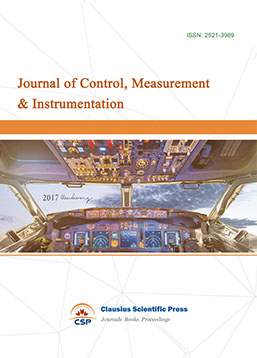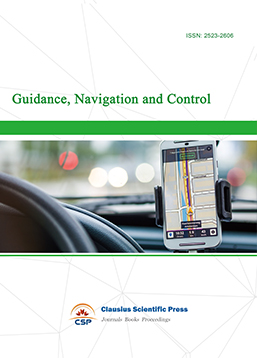Analysis of the Main Principles and Methods of Gamma-Ray Burst Observation
DOI: 10.23977/astro.2025.020101 | Downloads: 11 | Views: 1441
Author(s)
Hongsheng Tan 1, Haiyi Luo 1
Affiliation(s)
1 Chongqing Yucai Secondary School, Chongqing, 400000, China
Corresponding Author
Hongsheng TanABSTRACT
Gamma-ray bursts (GRBs) are extreme high-energy phenomena in the Universe, characterized by the sudden enhancement of gamma-ray originating from deep space within a very short period. The study of GRBs is important for understanding the extreme physical laws of the Universe, the formation and evolution of dense objects, and the limitation of cosmological parameters. Observations cover both instantaneous and afterglow radiation, with the former focusing on high energy, short time scales, and irregular light variations, which require high sensitivity and fast response of the equipment, and the latter focusing on long-term monitoring of multi-band radiation, which provides key information for understanding the physical mechanisms. Multi-messenger observational techniques such as LIGO, Virgo Gravitational Wave Detector and IceCube Neutrino Detector have enriched GRB studies by directly detecting spacetime perturbations and neutrino signals. In the future, with the development of new observational devices such as ET, CE, JWST, and eXTP, GRB research will play a more critical role in astronomy and cosmology to explore extreme physical processes, study the early structure and evolution of the universe, and test the fundamental physical principles.
KEYWORDS
Gamma-ray bursts; Multiple messenger observations; Instantaneous emissionCITE THIS PAPER
Hongsheng Tan, Haiyi Luo, Analysis of the Main Principles and Methods of Gamma-Ray Burst Observation. Astrophysics International (2025) Vol. 2: 1-7. DOI: http://dx.doi.org/10.23977/astro.2025.020101.
REFERENCES
[1] Gao Weihong. Gamma-ray bursts-the most violent stellar-scale outbursts after the Big Bang[J]. Friends of Physics, 2018,34(08):10-12+15.
[2] Zigao Dai, Xuefeng Wu, Enwei Liang. How to understand high-energy gamma-ray bursts? [J]. Science Bulletin, 2018,63(24):2450-2464.
[3] YX Xu. Gamma-ray bursts[J]. Nature Exploration,2009,(04):24-33.
[4] ZHANG Zhi-Bin, Study of transient radiation optical variation and spectral properties of gamma storms. Guizhou Province, Guizhou University,2016-06-19.
[5] Wang Daozhou, Peng Chaoyang, Chang Xuezhao, et al. Model constraints on the time-resolved spectral inflection power rate fitting of Fermi gamma storms[J]. Astronomical Research and Technology,2021,18(01):43-51.
[6] Wang Xianggao, Multi-band simultaneity observation of optical radiation of gamma-ray bursts and X-ray transient source search. Guangxi Zhuang Autonomous Region, Guangxi University, 2021-03-29.
[7] Wide-band space gamma-ray burst observation and instrument development. Beijing, Institute of High Energy Physics, Chinese Academy of Sciences, 2009-01-01.
| Downloads: | 51 |
|---|---|
| Visits: | 4509 |
Sponsors, Associates, and Links

 Download as PDF
Download as PDF